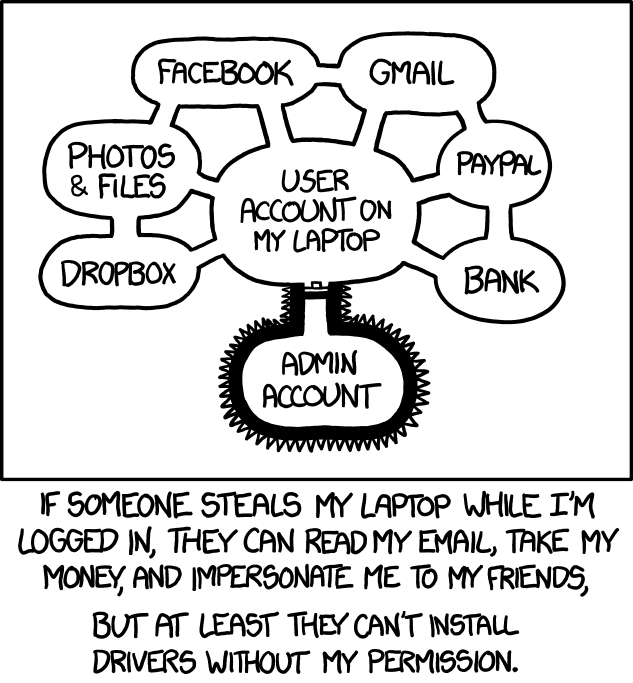Alan Pope: "Multiple genuine-looking scam cryptocurrency miners and fake Bitcoin wallet applications have been published in the Snap store since 2018."

popey.com
I used a sentence from the article as the title since I felt it represented the actual issue better, let me know if I should change it.
Essentially, Snap Store has basically no restrictions on publishing new applications, allowing for scammers to impersonate legitimate applications. In this case (and several times in the past) the target was a cryptocurrency wallet, resulting in ~$490,000 worth of bitcoin being stolen.
The "Safe" rating reminds me of this xkcd:

(For comparison, it seems being proprietary is an automatic unsafe rating for any application, which could be considered too extreme in the other direction.)
Snap has always bothered me and this is another great reason why.
For comparison, I wonder how vulnerable Flathub (flatpak's primary repo) is to these kinds of manipulations... Seems like every app manifest there is publicly available and is compiled on their servers, presumably making it easier to spot shady apps and updates, and the submission process requires manual approval.
Another thing that they do that should make the process less vulnerable is they try to get developers involved in packaging their own applications (and have a verified badge, though I'm not sure how rigorous their verification is).
Friends don't let friends to use snap.
I used to love Ubuntu. But for many reasons, snaps among them, it no longer exists to me. It's just Mint or Debian if I need something Ubuntu-like.
It’s not all bad. If the alternative is downloading binaries from a website then confined snaps are a great way to get software.
Snaps are not confined, they're root-level system add-ons.
Flatpacks are slightly confined, they still get access to user data.
Android 10+ apps are confined, they have to ask for particular directory access... and users can still mess up and give them access to all their data. 🤷
Classic snaps are not and a lot of snaps are classic. That much is true. Some snaps are indeed confined though. See https://snapcraft.io/docs/snap-confinement
Tbf it was always a nightmare to manage driver conflicts on Windows 95.